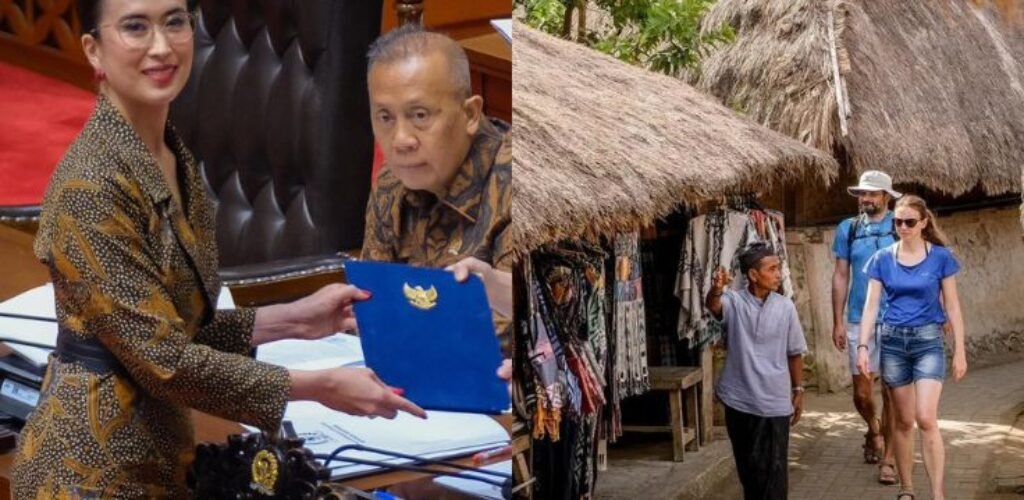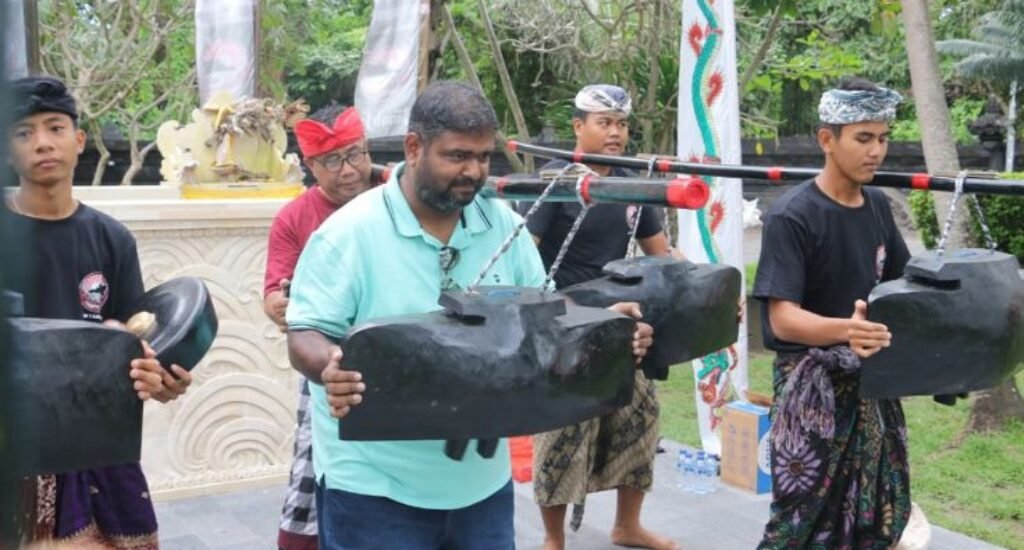NATIONAL, BNEWS.ID – The Indonesian Tourism Industry Association (GIPI) has expressed deep disappointment over the enactment of Law No. 10 of 2025 on Tourism, which was officially ratified on October 2. In an official letter dated October 12, 2025, GIPI criticized the revised law for removing key elements that have long served as the backbone of coordination among tourism industry stakeholders across the country.
The most controversial change is the removal of Chapter XI, which previously regulated the existence of GIPI. Under the former law, GIPI served as a formal platform for collaboration between the government and the tourism industry, a “big house” uniting various tourism associations across Indonesia since its establishment in 2012.
However, in the new law, GIPI has been completely removed without any clear explanation.
“The big house of tourism associations that has long served as a platform for collaboration among tourism players nationwide to build and develop the industry has suddenly disappeared from the Tourism Law enacted on October 2, 2025,” GIPI stated in its official release.
GIPI described this as a “dark chapter” in Indonesia’s tourism history, emphasizing that the organization has significantly contributed to national tourism development and promotion through cooperation with both central and regional governments.
Adding to their disappointment, GIPI highlighted that the proposed Indonesia Tourism Board, a unified national tourism promotion body they had drafted with Commission VII of the House of Representatives (DPR), was excluded from the final version of the law.
The board was expected to strengthen Indonesia’s national tourism promotion strategy, similar to successful models implemented by other ASEAN countries. Instead, the government opted to retain the Indonesian Tourism Promotion Board (BPPI), which GIPI claims has been inactive and ineffective since 2015 due to funding and approval issues.
GIPI also raised concerns over the new law’s handling of tourism funding. Previously, the association had proposed the creation of a Tourism Public Service Agency (BLU) to manage direct contributions from foreign visitors, ensuring that the funds could be reinvested into promotion and destination development.
However, the government adopted the concept without incorporating industry participation.
“In reality, every levy collected from the tourism sector rarely returns to the industry’s development. This is unfortunate, considering tourism’s significant contribution, particularly to local MSMEs,” GIPI wrote.
Tourism Still Not a National Priority
The association further criticized the lack of meaningful updates to Chapter IV on Tourism Business. Industry players had proposed a new category for Tourism Management Services to differentiate it from consultancy services, but this was not accommodated in the final draft.
According to GIPI, the new law shows that the government still does not consider tourism a national economic priority, even though, in many countries, the sector is a key driver of foreign exchange and national growth.
“The government cannot simply enjoy tourism revenue from taxes and foreign exchange without helping the industry expand its market,” the letter continued.
“The conclusion from the enactment of this Tourism Law is that tourism has not yet become a full priority program for the Government in developing Indonesia’s economy, while many other countries have already made tourism a central focus to boost foreign revenue,” GIPI concluded. (*)














Discussion (0)
No comments yet.